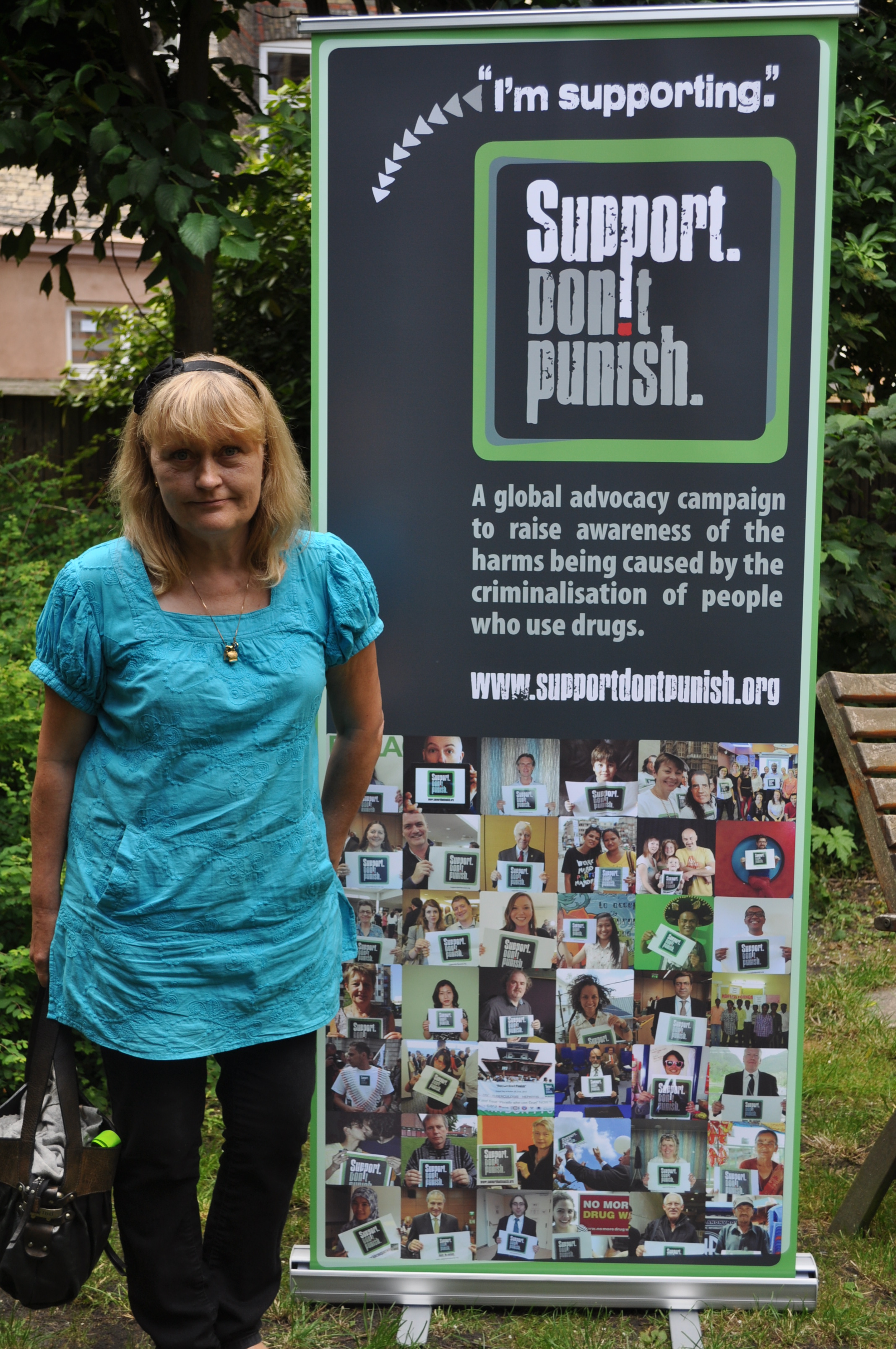27. June 2014.
Pussy Riot Lead Day Of Global Action In Call To End The War On Drugs
With pictures
The Huffington Post UK | By Charlotte Meredith
Posted: 26/06/2014
Activists in more than 100 cities have taken to the streets to call for an end to the war on drugs.
These powerful images show that across the world people have had enough of harmful drug laws that have caused health crises, instability and mass incarceration.
Protesters were joined by activists Pussy Riot in Russia, which has one of the highest numbers of injecting drug users in the world.
“Support. Don’t Punish” is the message many are trying to get across, with mass demonstrations and other actions planned in New York, London, Paris, Warsaw, Mexico City, Kathmandu, Rome, Phnom Penh, Tbilisi, Kuala Lumpur, Moscow and more than 70 other cities.
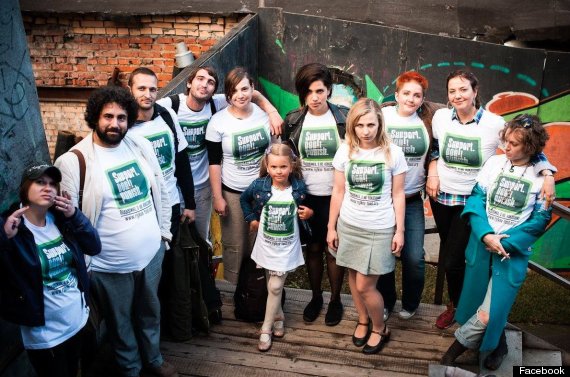
The action is part of a global initiative supported by more than 100 NGOs around the world that calls for investments in proven, cost-effective harm reduction responses for people who use drugs, and for the decriminalisation of people who use drugs and the removal of other laws that impede public health services.
READ MORE: Legalising Cannabis In Britain, Like Uruguay, ‘Would Save Millions’Rejecting Cannabis Legalisation Is ‘Unscientific And Unethical’
Celebrities And Politicians Call For UK Drug Law Reform On Day Of Global Action
-
London
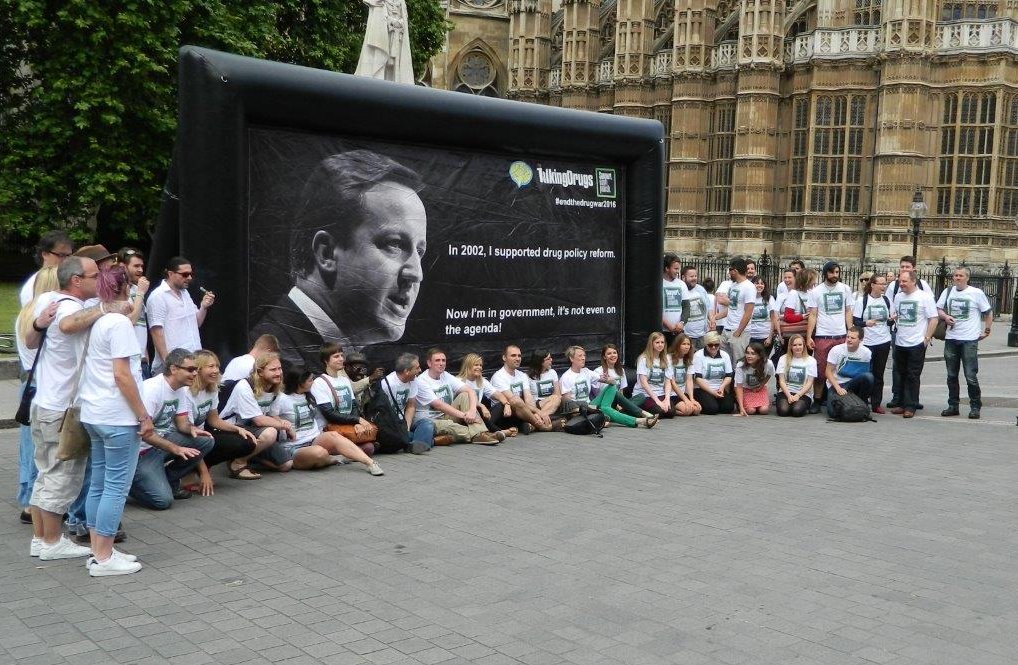
-
Moscow, Russia
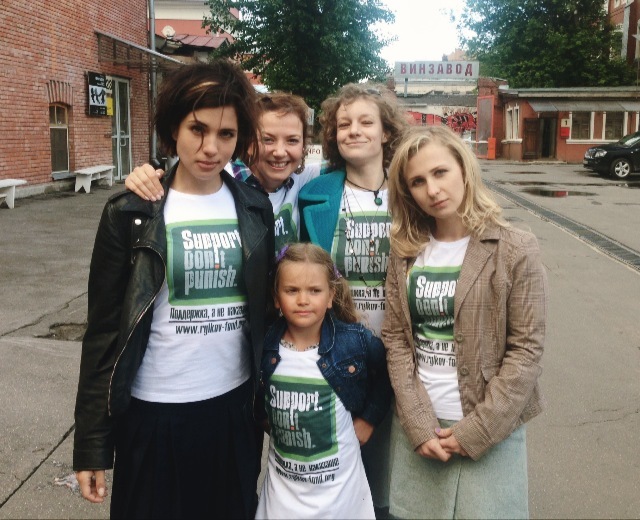
-
Auckland, New Zealand
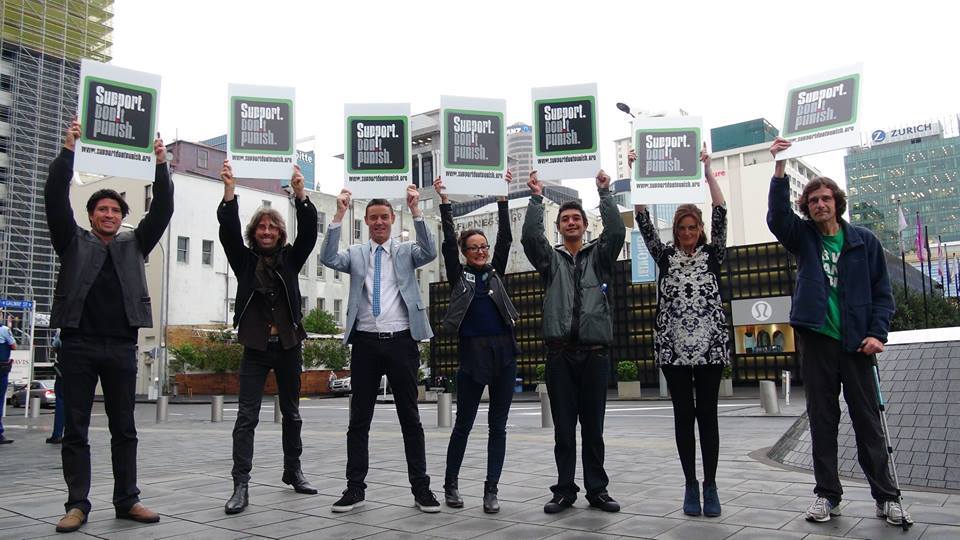
-
Brussels, Belgium
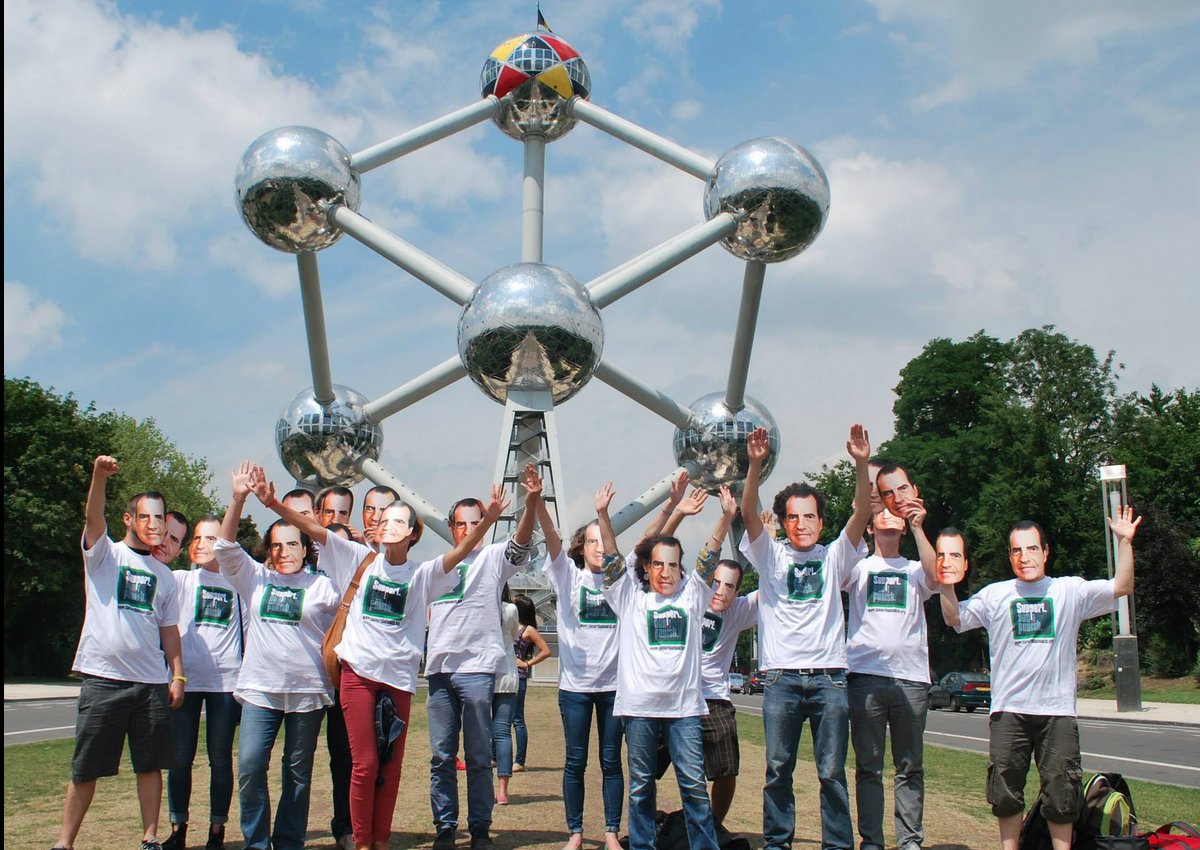
-
Patna, India
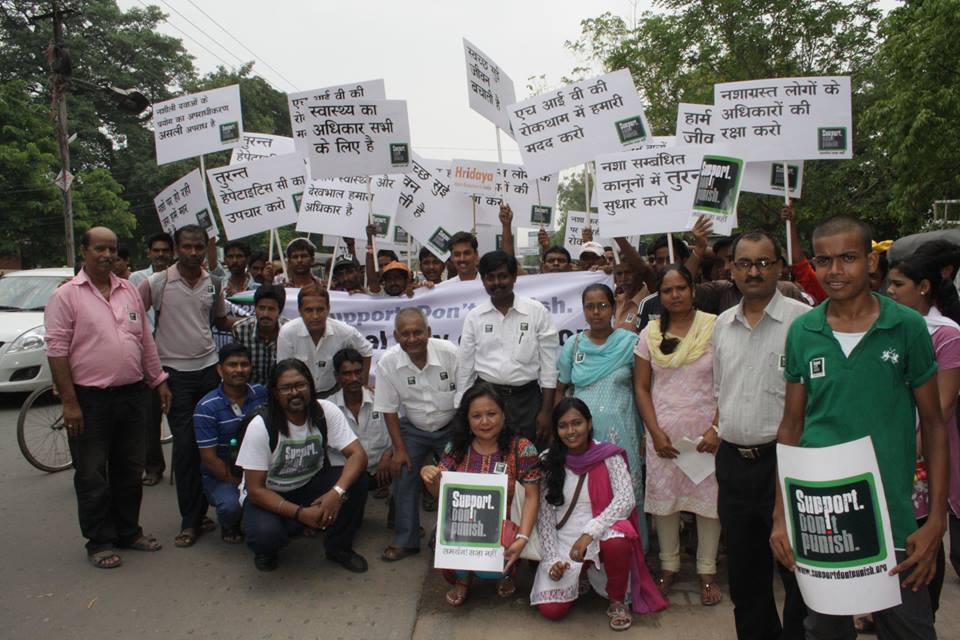
-
Jakarta, Indonesia
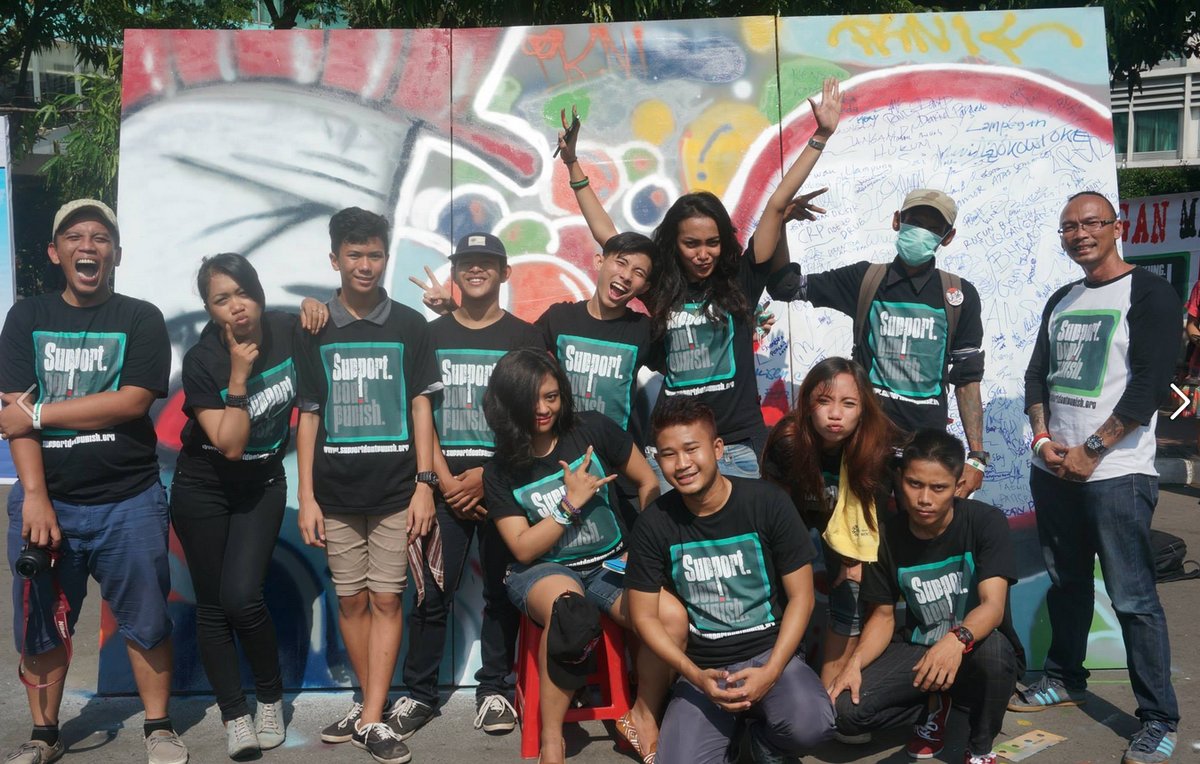
-
Paris, France
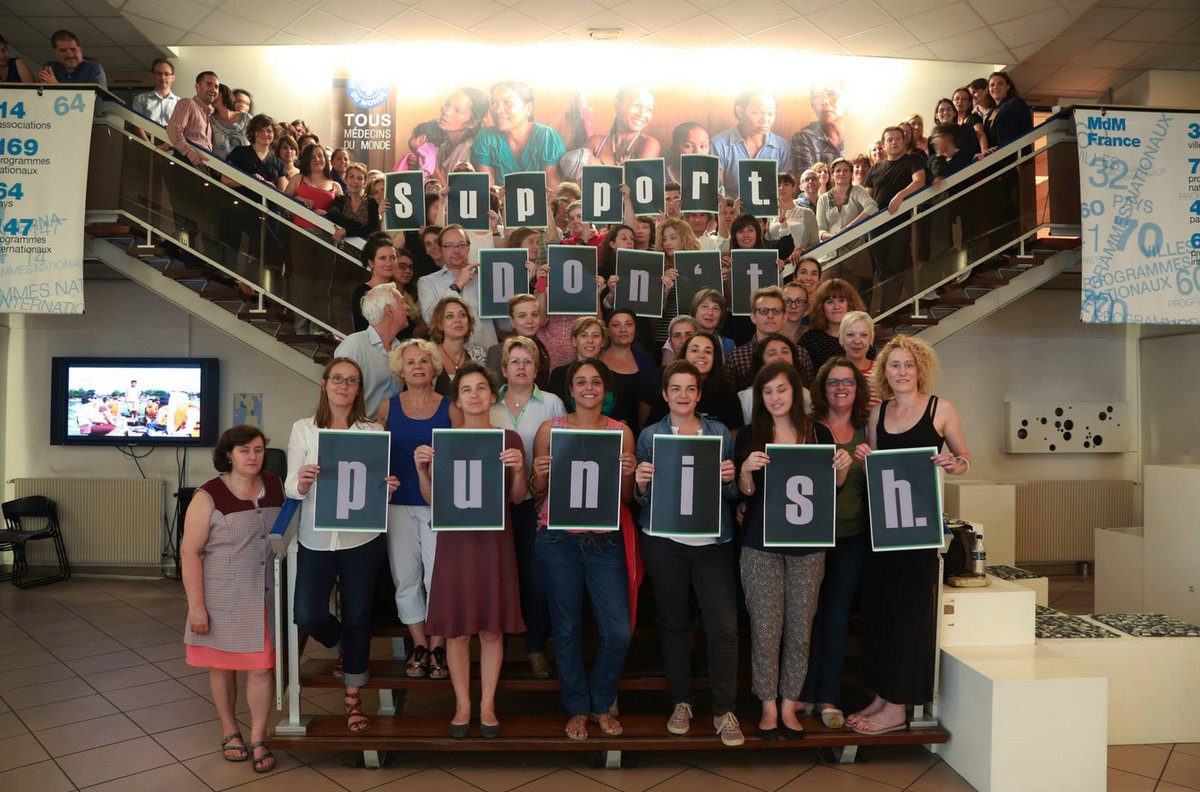
-
Dakar, Senegal
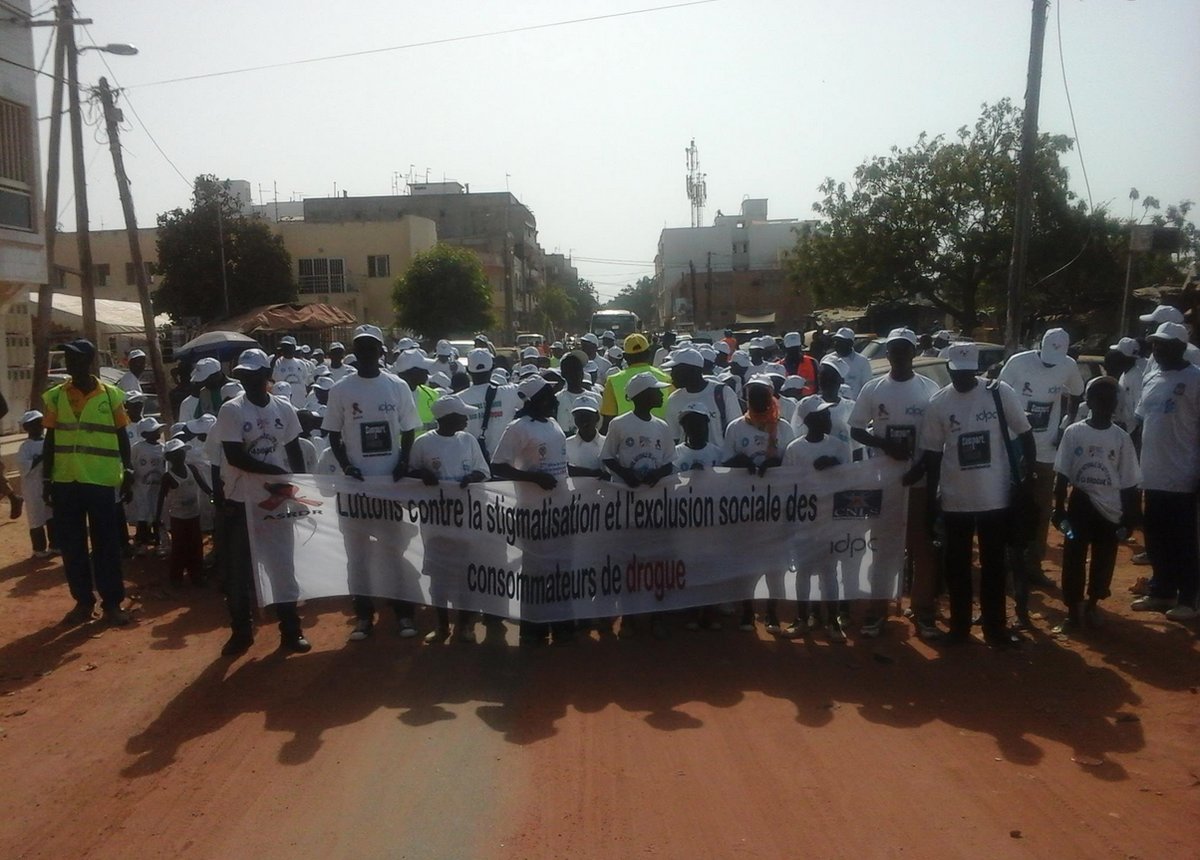
-
Dar es Salaam, Tanzania
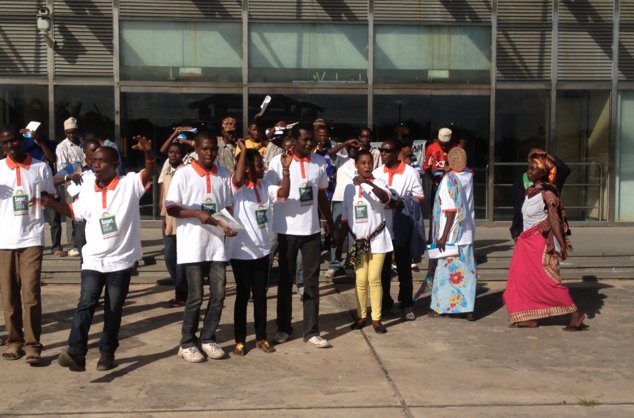
-
Melbourne, Australia
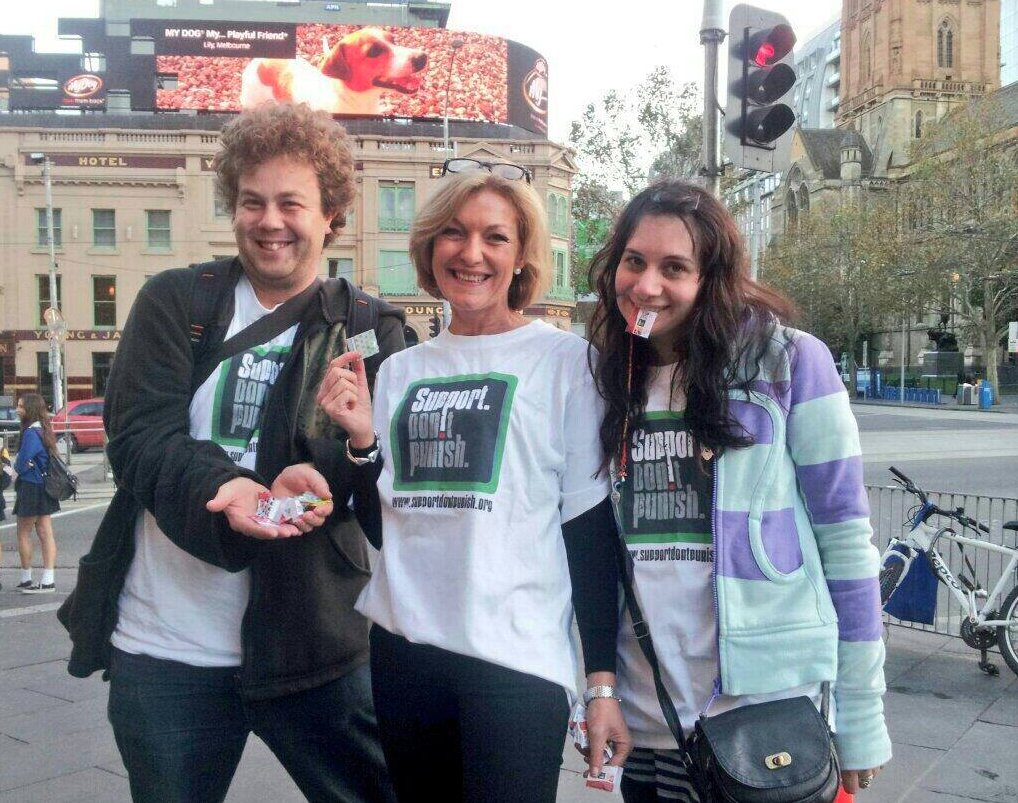
-
Hanoi, Vietnam

-
Bandung, Indonesia
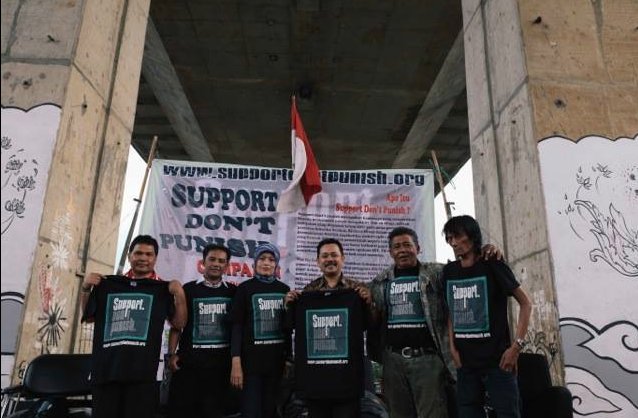
-
Kuala Lumpur, Malaysia
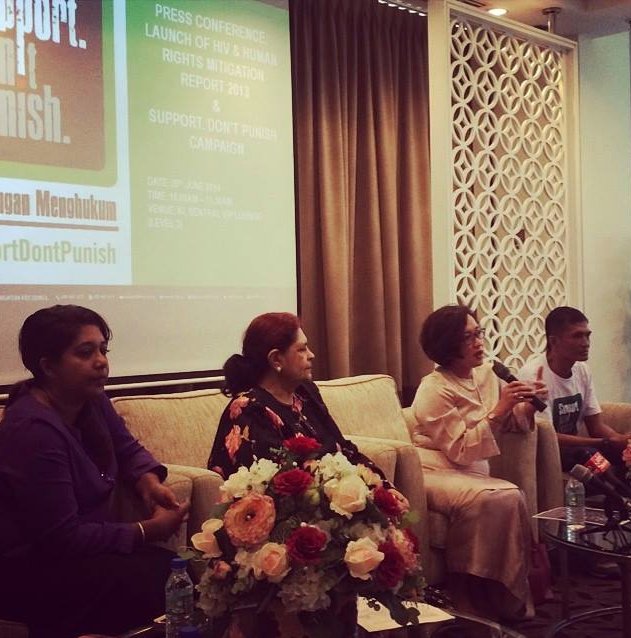
-
Phnom Penh, Cambodia
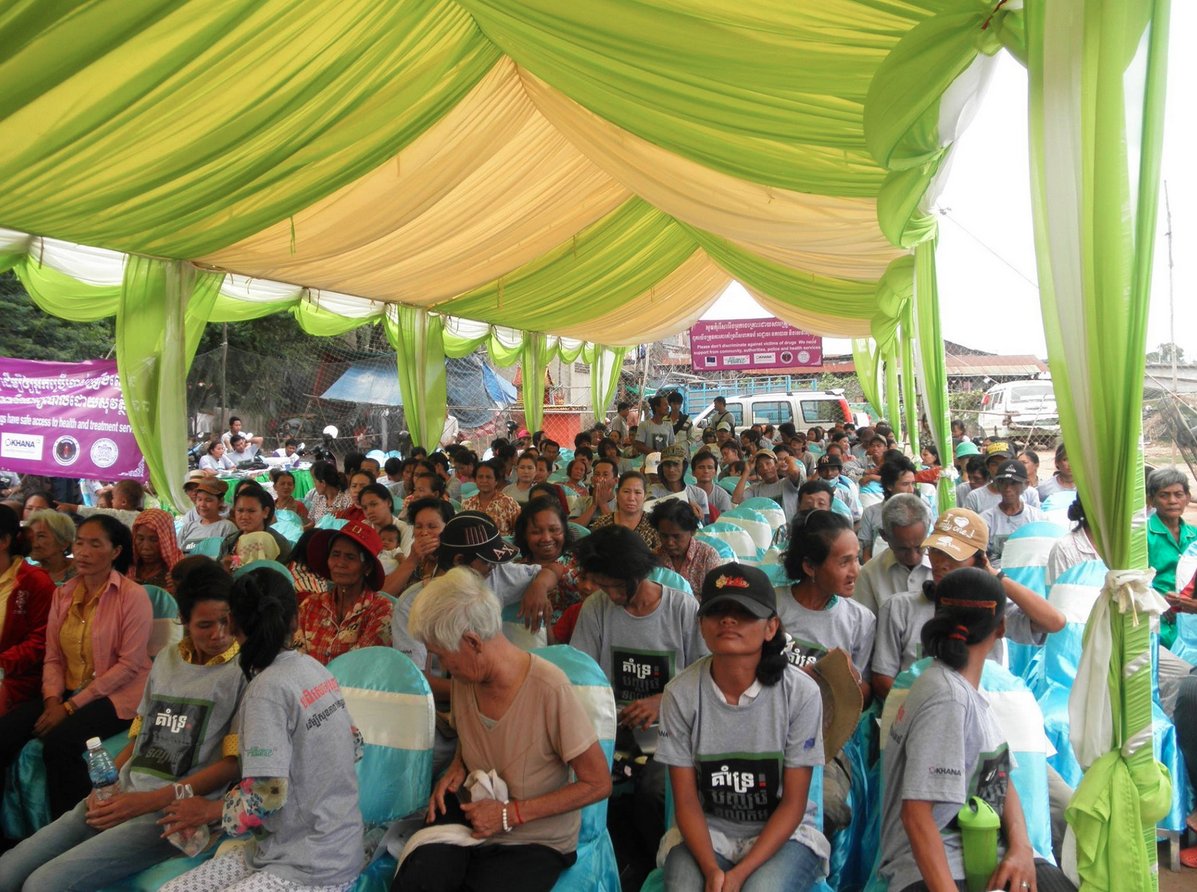
-
Bangkok, Thailand
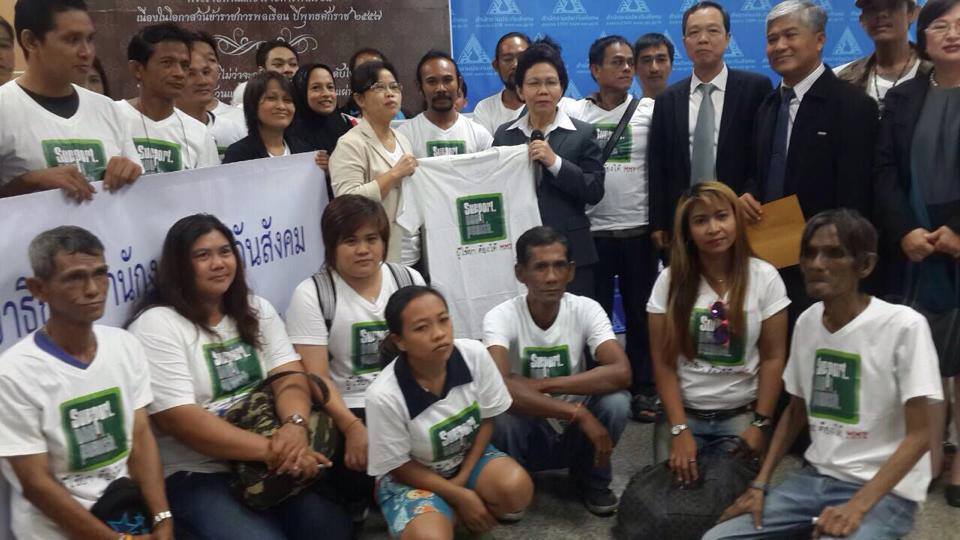
-
Pune, India
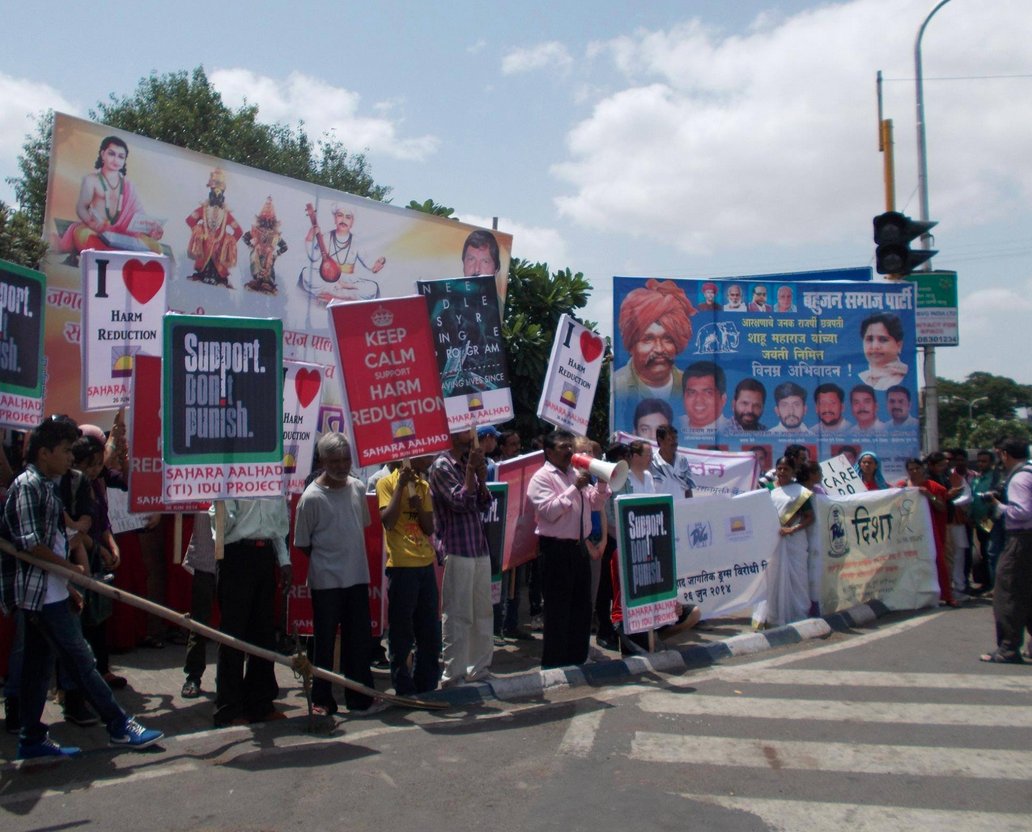
-
Mauritius
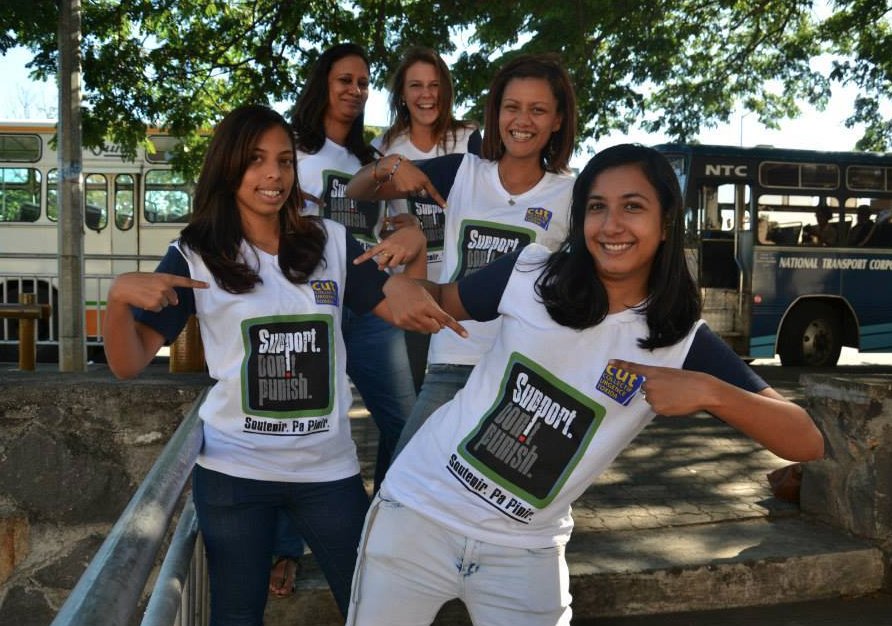
-
Geneva, Switzerland
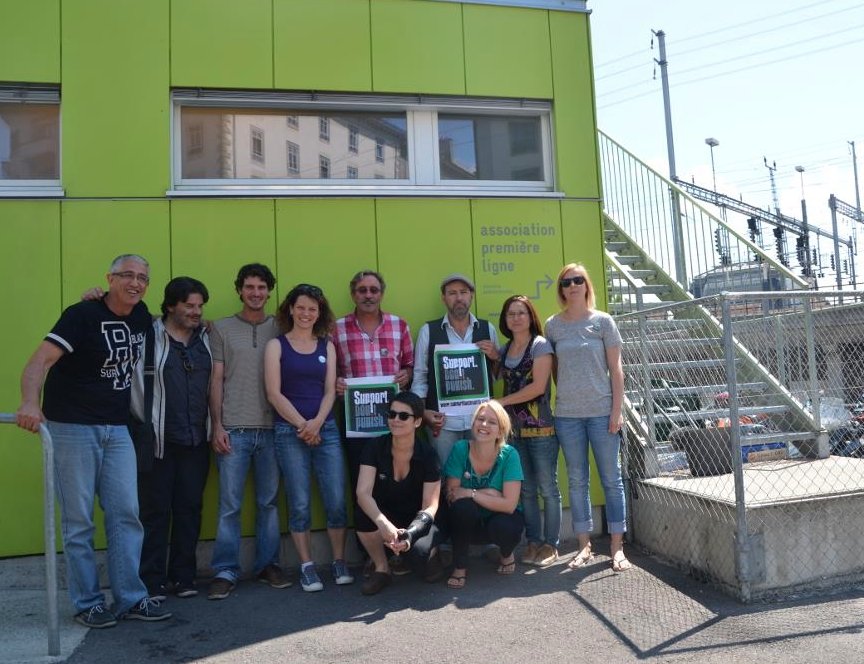
The events on June 26 take place on the same day as the United Nations’ International Day against Drug Abuse and Illicit Trafficking.
The Drug Policy Alliance has said the UN’s anti-drugs day is used by many governments to “justify violent crackdowns and to promote harsh punishments. It has even been marked with public executions and beatings of drug offenders in some countries.”
The “Support. Don’t Punish: Global Day of Action” seeks to reclaim this day and promote a more effective and humane approach to drugs that is based on public health and human rights.
“The global day of action is a public show of force for drug policy reform”, said Ann Fordham, who is executive director of the International Drug Policy Consortium, which focuses on issues related to drug production, trafficking and use.
“The tide is turning and governments need to urgently fix their drug policies and repair the damage that has been done,” she said.
More than 90 celebrities, politicians, lawyers and health experts have written to the prime minister in an urgent call for a review of the government’s policy on illegal drugs.
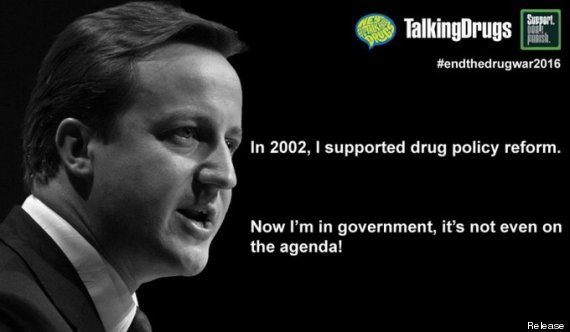
Celebrities including comedian Russell Brand, musician Sting, Sir Richard Branson and author Will Self, are demanding a shift in drug legislation so that possession is no longer a crime in the UK.
The signatories of the letter to David Cameron also include MPs like Caroline Lucas and groups involved in law enforcement, such as the Prison Governors Association and the National Black Police Association and the barrister Michael Mansfield QC.
The letter says the use of legal sanctions for the possession of drugs in the UK has led to the “unnecessary criminalisation” of more than 1.5 million people in the last 15 years.
Ms Lucas said the time has come to acknowledge that the UK’s drug laws are “outdated, ineffective, and enormously costly.
“The evidence shows that, as a first step, treating drug addiction as a health issue, rather than a criminal one, would significantly reduce the social and individual harms associated with criminalisation. It’s time to face up to the facts: the system is broken and it’s time for reform.”
![Pussy Riot Lead Day Of Global Action In Call To End The War On Drugs 27. June 2014. Pussy Riot Lead Day Of Global Action In Call To End The War On Drugs With pictures The Huffington Post UK | By Charlotte Meredith Posted: 26/06/2014 Activists in more […]](https://brugerforeningen.dk/wp-content/uploads/2014/06/o-SUPPORT-DONT-PUNISH-570-1-570x350.jpg)

